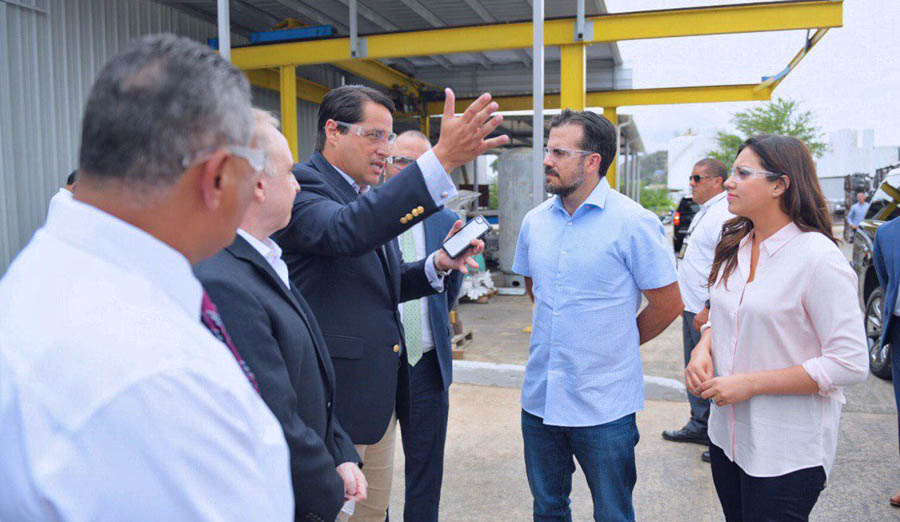
Aluminios de Puerto Rico announced the re-start of its manufacturing plant operations at the Industrial Park in Humacao. The company invested $4 million, which will generate 115 jobs in five years. “We celebrate the reopening of Aluminios of Puerto Rico’s aluminum plant in Humacao, which will result in economic benefits for many families and for […]
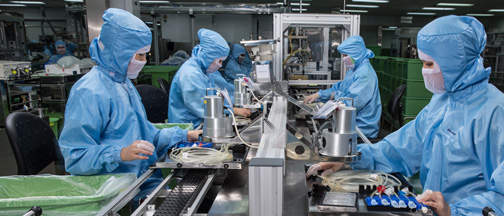
A reading above the threshold level suggests an expansion in the manufacturing sector with respect to the previous month, according to the PMI data.
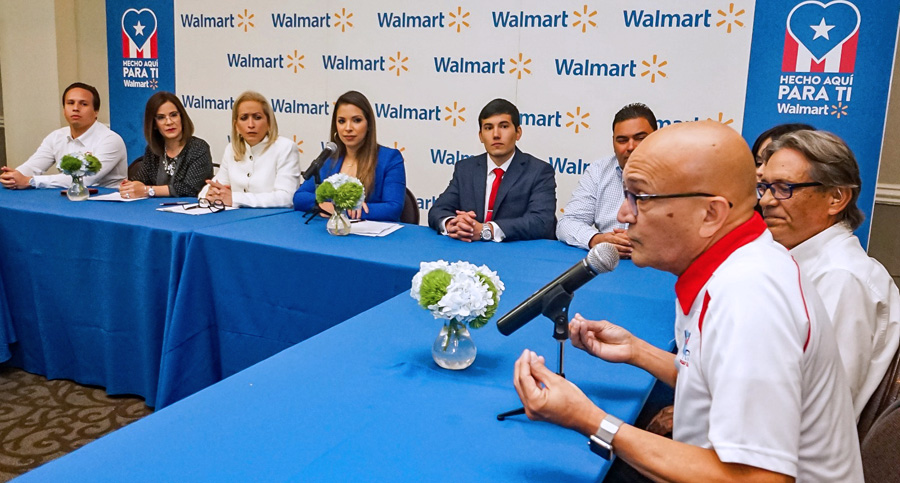
The deals are the result of the Puerto Rico Open Call initiative, held earlier this year, in which commercial agreements were signed to sell new locally harvested or manufactured products in Walmart stores.

Puerto Rico is Welch’s top international market, and as such, the family-owned company is constantly on the lookout for initiatives that boost the local economy and foster relationships with business partners.

The “Manufacturing Week” celebration will run Sept. 24-Oct. 5.
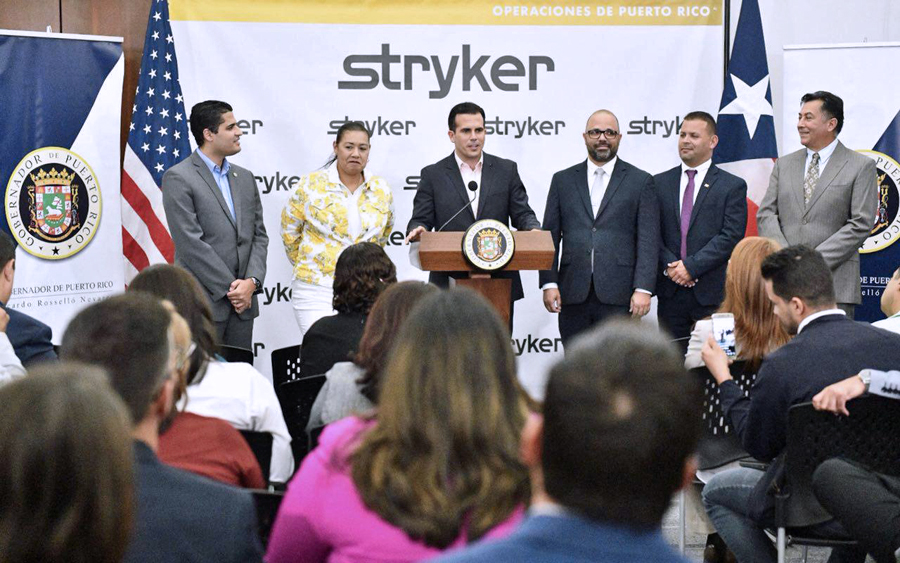
Medical technology company Stryker Puerto Rico will invest $46 million over the next five years to expand its manufacturing capabilities at its facility in Arroyo.
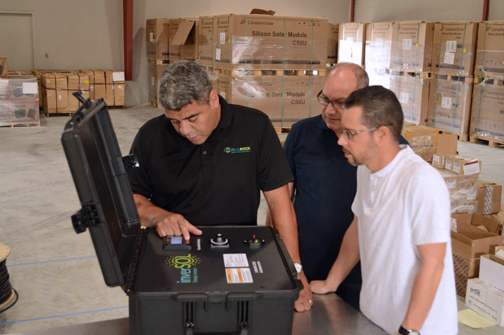
inverSOL, a new company dedicated to the design, production and sale of portable solar generators for the residential market, announced it will invest $4 million in Puerto Rico to establish a new assembly plant featuring a showroom and sales area.
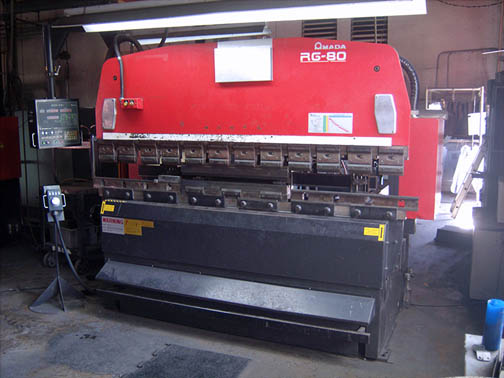
Maximo Solar Industries will invest $1.5 million in equipment and infrastructure for the assembly of battery cabinets and solar panels structures at its Humacao manufacturing operation, company CEO Máximo Torres confirmed.
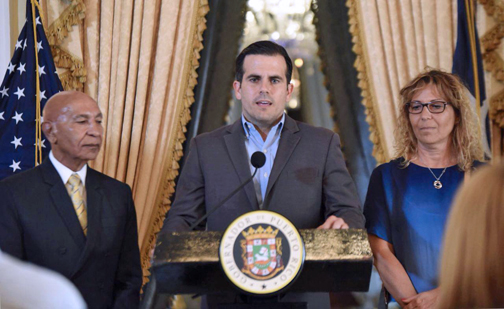
Italian company Copan Industries Inc. — dedicated to biotechnology and health — will establish a new facility in Aguadilla, Puerto Rico with an investment of $13 million and a commitment to create a working platform that will generate up to 100 new jobs.

Mazda Motor Corporation and Toyota Motor Corporation have established their new joint-venture company "Mazda Toyota Manufacturing, U.S.A. Inc.,” a $1.6 billion vehicle assembly plant that will produce cars for both brands in Huntsville, Alabama starting in 2021.

In the days following the disaster, companies experienced disruption of operations due to the absence of electricity, loss of human resources, dislocations in the supply chain and total absence of telecommunications.
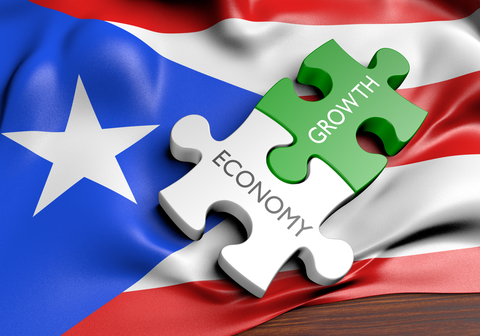
The new year that began yesterday is already characterized by a high level of uncertainty, largely due to the changes that have occurred and will occur in Puerto Rico’s environment.
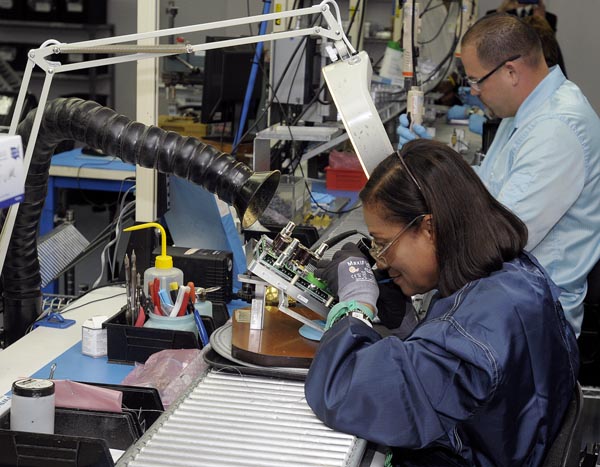
Although Puerto Rico appears to have lost its major corporate tax advantage following the approval of the U.S. Tax Reform, if it were to backfire and motivate companies to send jobs overseas and transfer revenues to other countries, Puerto Rico could have a chance to survive the predicted economic onslaught associated with the measure.
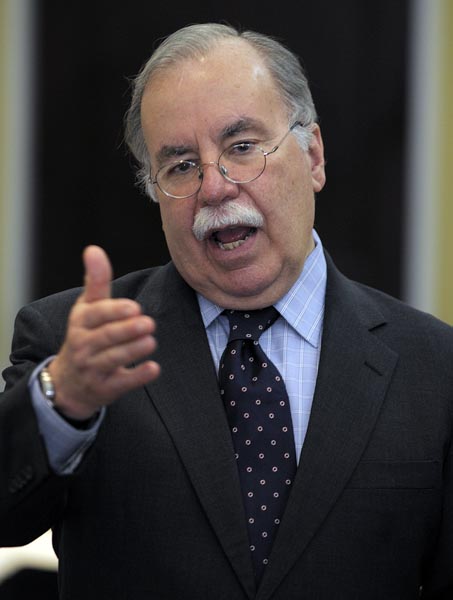
The recently passed Fedetal Tax Cuts and Jobs Act will have implications for Puerto Rico’s economic that will start to become more noticeable after fiscal year 2019, local research firm Estudios Técnicos Inc. predicted in an analysis released this week.

Representatives from Puerto Rico’s private sector agreed Monday to back Gov. Ricardo Rosselló’s urgent call to Congress to treat the island as a U.S. — not foreign — jurisdiction in the federal tax reform currently being discussed.




NIMB ON SOCIAL MEDIA